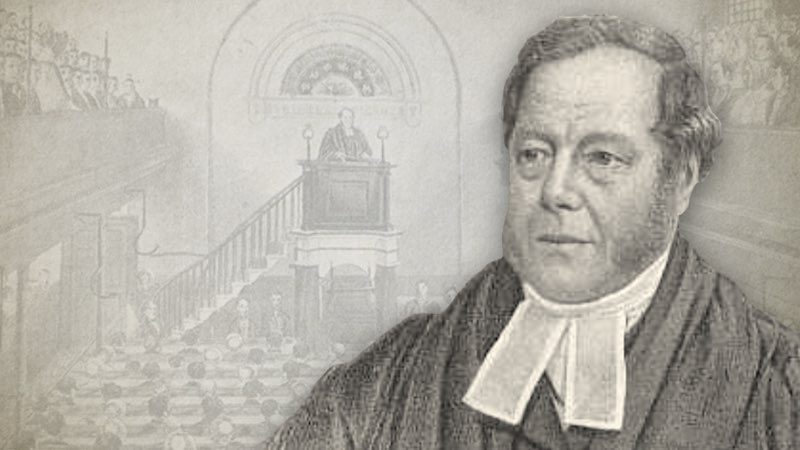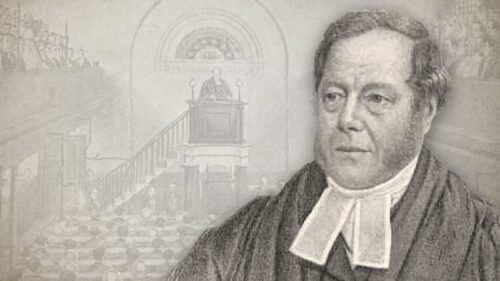-
Letter 4: To Berith—On The Covenant Of Grace
My dear Berith, The conspicuous change which has been effected in you, by the grace of God, affords me peculiar satisfaction, and begets in my mind, an anxiety for the increase and permanency of those pleasures of which you have already tasted; and with this object in view, allow me to lead your attention to the inexhaustible treasure, whence all spiritual blessings are derived; even the COVENANT OF GRACE. “Be ye always mindful of his covenant” is the express command of Jehovah to his people, by his servant David; and if my dear young friend were fully aware of the advantage arising from habitual appropriation of the covenant plentitude, and holy communion with the covenant head, the constant cry of his heart would be “Lord…
-
A Few Thoughts On Salvation
From whom? From Him whose commandments I have so willfully broken, and whose authority I have rebelled against? From Him whose countless benefits I have received without noticing the hand that bestowed them? From the thrice Holy One, at whose reproof the heavens tremble and are astonished? Perdition may have overtaken myriads of souls who went not so far in the contempt of God as I did, yet salvation cometh to me from Him. He would have been just to pass me by. When we review our sins, they seem to require the outpouring of His fiercest wrath upon us. Yes; from Him cometh our salvation. Then He must have had thoughts of love towards us from eternity.
-
Twelve Spies In Canaan
-
Letter 3: To Ibhar—On Election
My dear Ibhar, The important subject upon which I addressed your brother Elimelech, involves the topic on which I shall write to you, praying, that the Holy Ghost may render it as consoling and profitable to you as he has to me. The election of grace must necessarily follow upon the admission of the absolute sovereignty of God: but as this doctrine has always been, and still is, so offensive to those who have only a name to live, but are spiritually dead; and as your comfort and peace so much depend on your “knowing your election of God,” I will endeavour to present you with a concise view of it, and to assist you in coming to some decision concerning it. That the Lord…
-
Study 6: Secret Rebellion (2:17-3:8)
This study examines Paul's challenge to the Jewish people as a nation, as they then existed when his letter to church at Rome was written. He charges them with hypocrisy and ignorance. Hypocrisy, because they were law breakers though they sat in judgment of the Gentiles; Ignorance, because they were law perverters, substituting God's masterplan for the ages with that of their own. An application is drawn from this teaching in the modern context of denominationalism.
-
Letter 2: To Elimelech—On Divine Sovereignty
My dear Elimelech, A clear apprehension of the sovereignty of God, and an habitual submission to it, will lay a firm foundation for your peace of mind, and afford you satisfactory solutions of the most mysterious things. I am aware that an aversion to this important doctrine is deeply rooted in our nature, and the very essence of the first transgression was a quarrel with Jehovah’s sovereignty; “ye shall be as Gods,” was the bait with which the tempter ruined mankind. This disposition to usurp Jehovah’s prerogative, discovers itself in every direction, and produces much of the distress, confusion, and guilt, which disgrace human nature, and agitate the whole creation of God: errors, doctrinal and practical, may be traced to this source, and even the…






